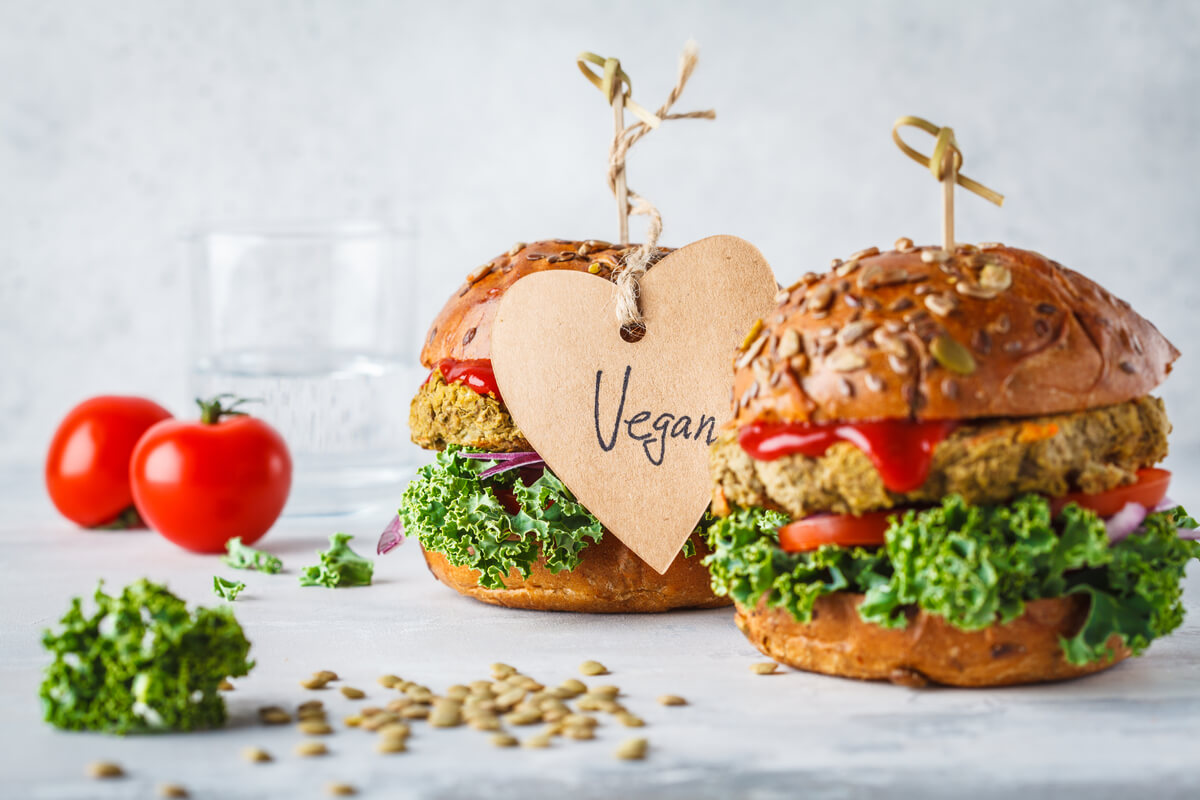
Australia Tries to Disrupt the Meat Production Industry
Last year, v2food, an Australian startup company, purchased 55,470sqm site in Wodonga to manufacture its plant-based meat products locally. The company launched in the hope of disrupting the meat production industry.
Investments to turn the Wodonga site, into a good-grade facility, are over $20 million.
Startups in the plant-based meat sector are already thinking globally, as they try to make up the shortfall between the amount of meat produced today and the amount needed to feed the growing global population.
Nick Hazell, CEO of v2food, said that all the leading capital funds had recognized meat shortage. They are looking for solutions. As a result, the most sustainable solution that is scalable today is plant-based food.
Fox says that there’s a massive opportunity for Australian manufacturers to produce plant-based meats for the domestic market and consumers in Asia. Australian brands have an excellent reputation for Australian consumers, particularly when it comes to food.
Plant-based meat…What is it?
New vegan alternatives are trying to capture the three elements of meat: texture, appearance, and flavor. Mimicking the composition of animal protein using plant-based ingredients has always been difficult. The difference between animals and plants is significant. Animals have muscles that are elastic and springy. Plant cells, on the other hand, are comparatively rigid and unflexing.
Since plants are crunchy, unlike chewy meat, veggie burgers can often feel crumbly and mushy in texture. Researchers have spent years separating and classifying a wide variety of plant-based protein sources, To solve this problem. Therefore, the texture of new vegan meat – produced by wheat or pea proteins, among others – can be excellent.
The other significant factor in beef’s texture is animal fat, which contributes to richness and juiciness. Beef fat also melts slowly, over a wide temperature range—slow-release of fat results in juiciness.
The new vegan meats have also made significant advances in replicating the red color we associate with beef.
In the US, FDA labeling rules don’t require companies to disclose exact flavoring agents. They only need to reveal whether they use “natural flavors” or “artificial flavors.” Those terms can be misleading, though. Natural and artificial flavors can be chemically matching to each other. Still, only those chemicals derived from a natural source can be labeled “natural,” regardless of how refined or processed it is.
Australian manufacturers leverage that in the animal meat industry to export quite a bit of beef, but the same thing applies to plant-based meats. The nascent sector also presents an opportunity to increase the value of Australia‘s national exports.
-
Support
-
Platform
-
Spread
-
Trading Instrument




